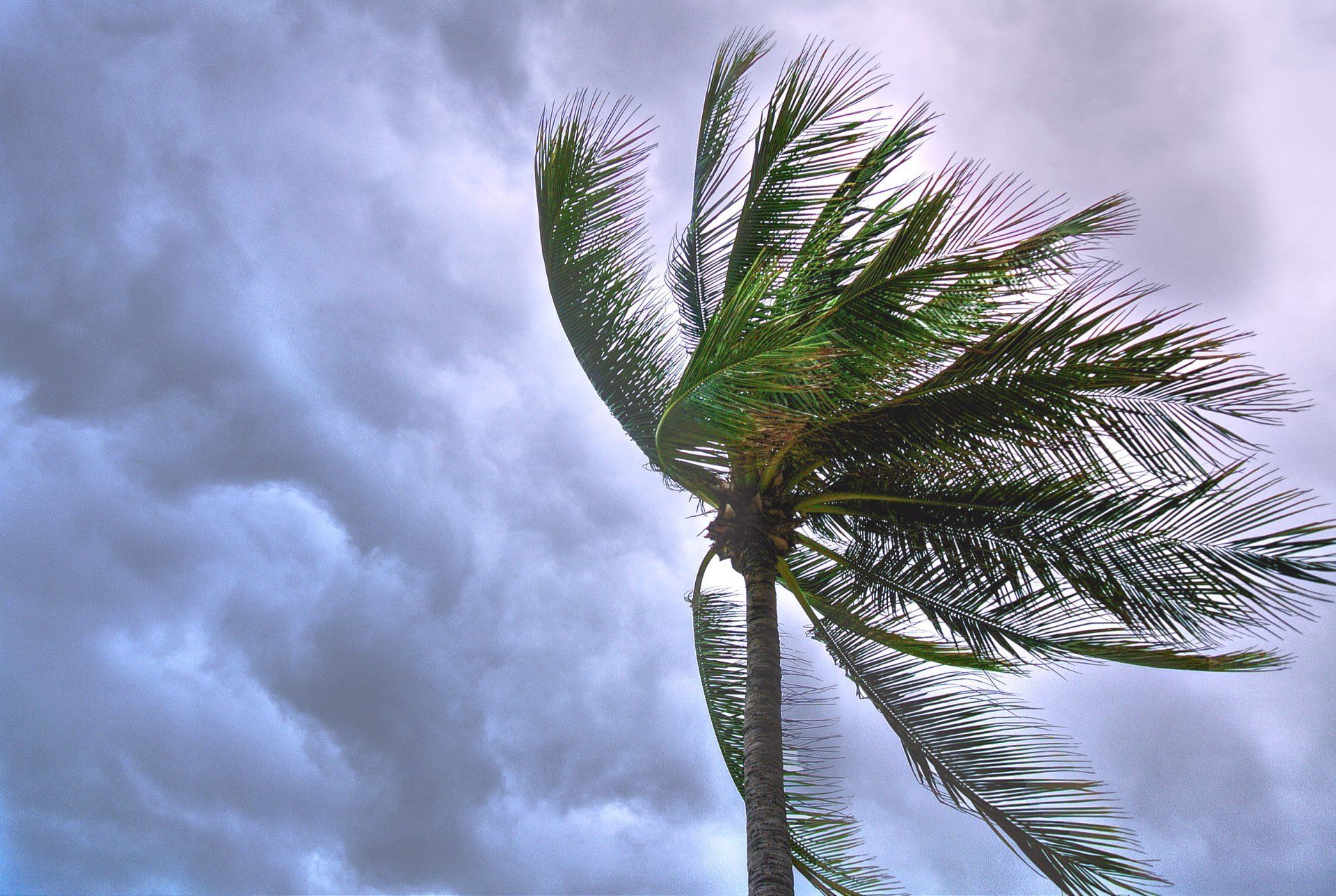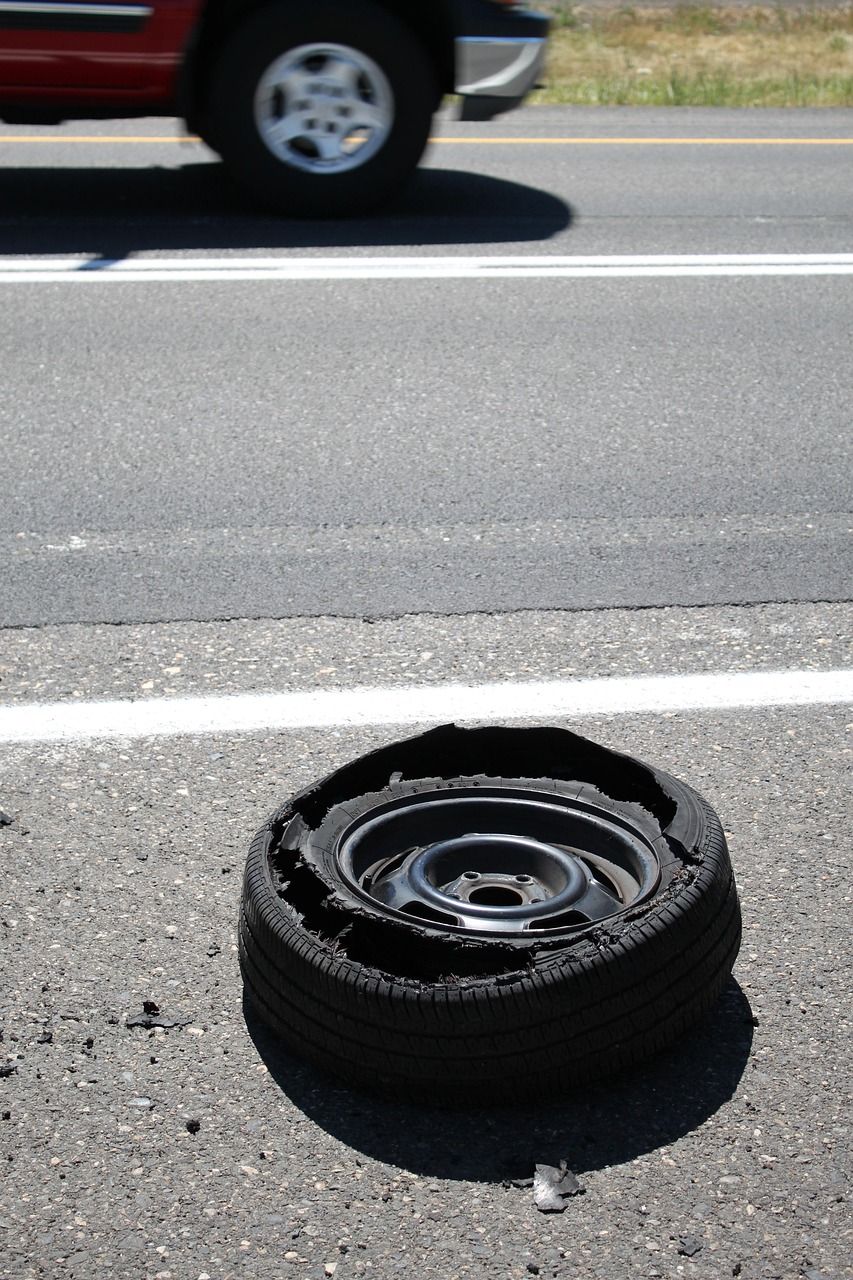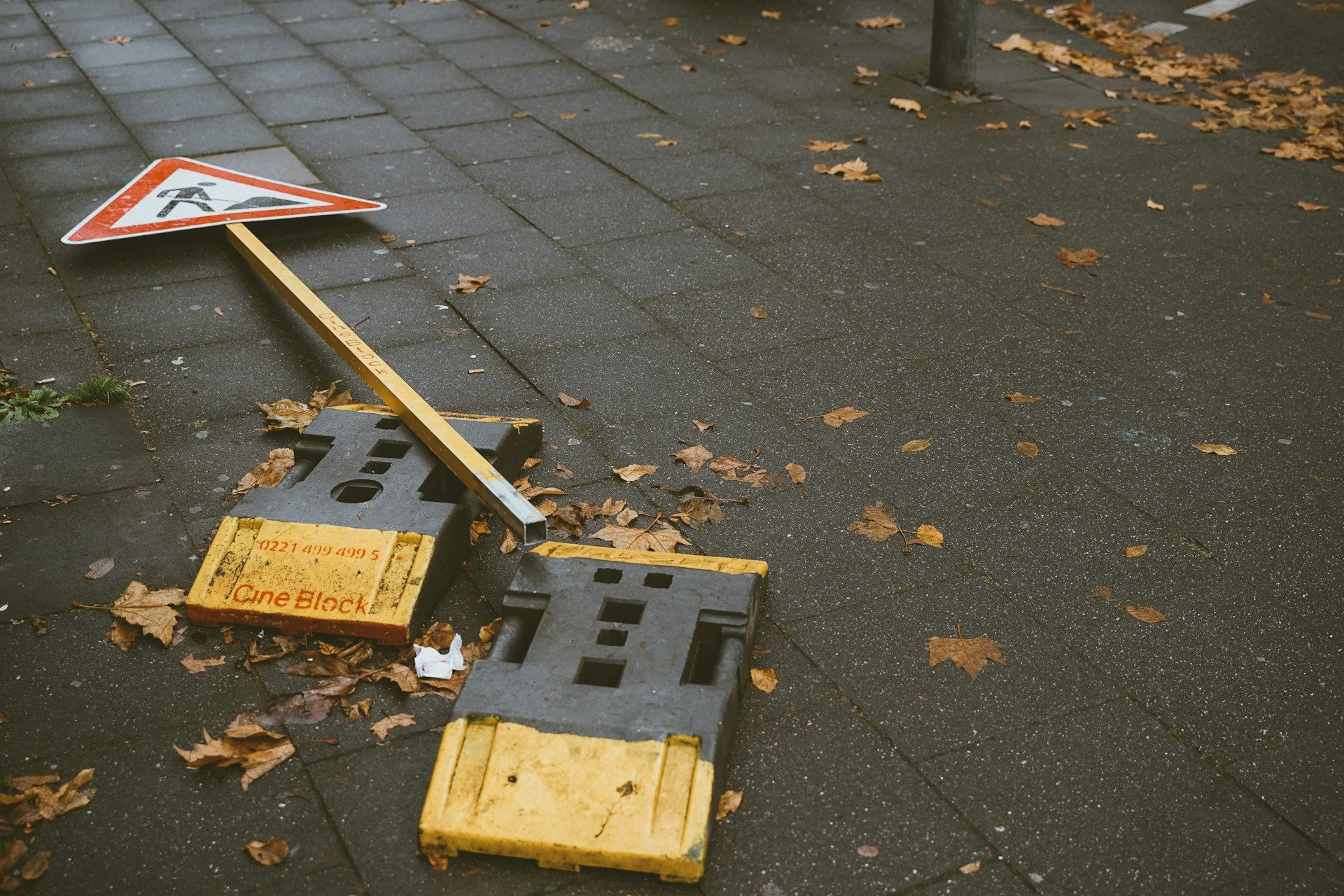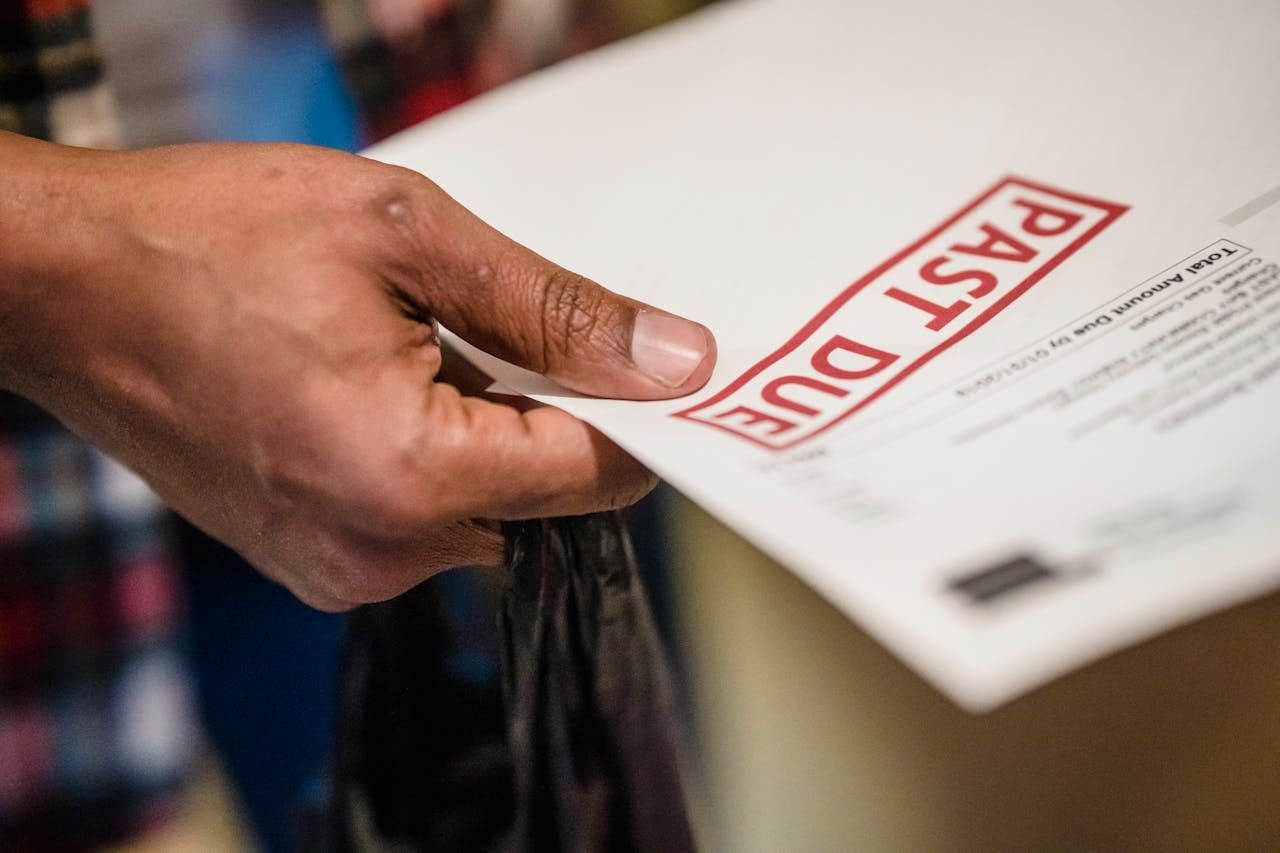How to Prepare for a Texas Hurricane
How to Prepare for a Texas Hurricane

Hurricanes don’t just affect those living near a coast. In recent years people living inland have also felt their effects, as squalls from intense hurricane winds traveled several hundred miles, bringing rain, wind, and flooding–causing billions of dollars worth of damage. If you’re one of the millions of Texans whose home and property might be affected by a hurricane, you’ll want to plan how to protect your home and loved ones should a storm appear.
What You Should Do Now
Here are steps you can take before you hear a storm is heading your way:
- Make a list of emergency phone numbers and share it with the rest of your household. Be sure to include your own phone numbers–there’s no guarantee you’ll all be in one place when a storm hits.
- Prepare an emergency supply kit with several gallons of water, snacks, first aid supplies, one or more radios, extra batteries (storms sometimes disrupt internet and wireless connections for a day or more), and several flashlights with extra batteries.
- Gather together travel-size personal toiletries in case the storm forces you to leave your home overnight.
- Locate nearby designated shelters or places you might stay if the storm forces you out of your neighborhood for an extended period.
- Make a plan for your pets–if you have to evacuate, do not leave them home alone: You can never be sure how long you’ll be away. Perhaps they might stay with an out-of-town friend? Can you locate a pet-friendly motel? Leaving them at an animal shelter is not an option. During acute weather situations, many people incorrectly assume that animal shelters are temporary dropping-off places for their pets, but that is not the case.
What You Should Do When You Learn a Tropical Storm or Hurricane is Headed Your Way
- Fill up your car with gas. If possible, move it into a garage or under cover to prevent damage from objects flying in the wind.
- Place your first aid kit near the door you’d use to get in your car.
- Bring in any pets that are outdoors; large animals such as horses should be taken to a barn or similar shelter.
- Clear your yard of debris and anything that could blow around during the storm and possibly hit something or someone.
- Cover up your windows and doors, if only with duct tape. If possible, attach storm shutters or pieces of plywood to the outside of your windows.
- Be ready to turn your power off if the storm comes close.
What You Should Do if the Storm is About to Hit Your Neighborhood
Keep your radio turned on to a local station. Never ignore an evacuation order. If your neighborhood suffers major flooding, it could take days for emergency personnel to reach you. At the same time, if you learn that driving conditions in your area are dangerous, you might want to make a judgment call to stay home. If you start out on the road and encounter standing water, do not attempt to drive through it. There’s no way of knowing how deep it is, and even four-wheel-drive vehicles have been known to stall or get stuck in deep water.
After the Storm
If you suffer hurricane damage and your property insurer is not cooperating, you don’t need to endure it alone. Contact the insurance-claims lawyers at
Manfred Sternberg & Associates through our
website or call 713-547-5460.










